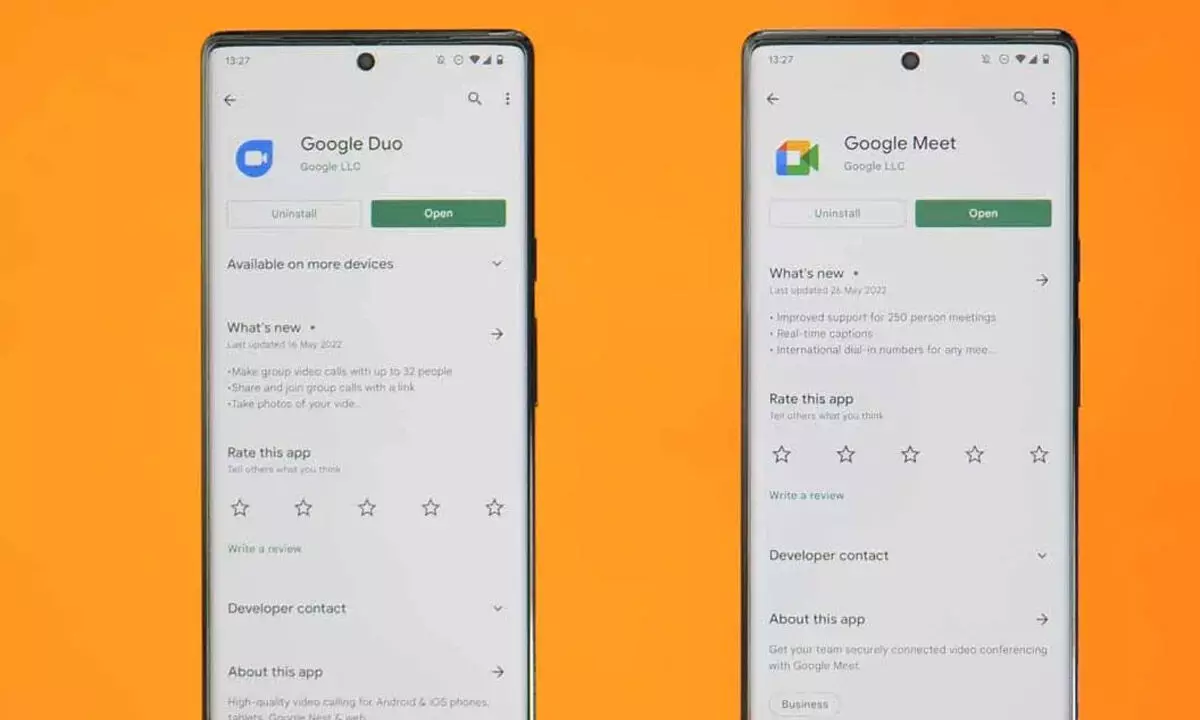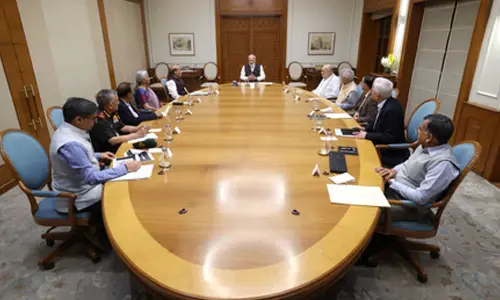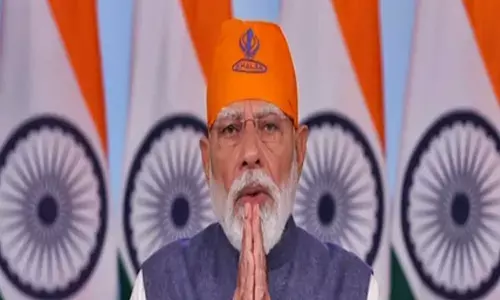Google is fusing Meet and Duo into a single app for voice and video calls

Google is fusing Google is fusing Meet and Duo into a single app for voice and video callsMeet and Duo into a single app for voice and video calls
Google announced today that it would combine two of its video calling apps, Duo and Meet, into a single platform. It's called Meet, but Duo's DNA lives on.
Google announced today that it would combine two of its video calling apps, Duo and Meet, into a single platform. So very soon, there will only be Google Meet, and Google hopes it can be the calling app users need for just about everything in their lives.
By bringing the two together, Google hopes to solve some of the problems with modern communication tools. "What's been really important is understanding how people make the choice as to what tool they're going to use, for what purpose, in what circumstance," says Javier Soltero, director of Google Workspace. Our digital lives are filled with a million different chat apps, each with its own rules and regulations and contact list, some for work and some for personal purposes. Google hopes to be able to use Gmail addresses and phone numbers to bring all of that together. "It's really important and powerful to be able to reach you that way," Soltero says, "and allow you then to decide whether you want to be reached or not, as opposed to having to manage all of these different identities and deal with the consequences."
Soltero has been preaching thiS idea of "accessibility" for most of his tenure at Google and has led Google to integrate Meet and Chat into many of its other services. It's a good goal, but it comes at a cost: adding everything to everything has made some of Google's services messy and complicated. You can start a meeting from anywhere! But... do you really want to? Simplifying your communication options is a good idea, but throwing everything together haphazardly doesn't work.
In recent years in particular, Meet has become a powerful platform for meetings and group chats of all kinds, while Duo has remained more of a messaging app. Google promises that it will bring all the features of Duo to Meet in the future and seems convinced that it can offer the best of both worlds.
However, it is not entirely correct to say that Duo is being killed. The app, which Google initially launched in 2016 as an easy way to make one-on-one video calls, does a number of useful things that Meet doesn't. For one thing, you can call someone directly, even with their phone number, instead of relying on sending links or hitting the giant Meet button in your Google Calendar invite. Duo has always been more like FaceTime than Zoom in that regard.
As the two services become one, Google is leaning on the Duo mobile app by default. Very soon, the Duo app will receive an update that will bring a flood of Meet features to the platform; later this year, the Duo app will be renamed Google Meet. The current Meet app will be called "Meet Original" and will eventually be deprecated.
This sounds...confusing, but Google says it's the best way forward. "The Duo mobile app had a lot of sophistication, especially under the hood," says Dave Citron, director of video products at Google. "Especially in emerging markets, where network connectivity was poor or highly variable." On the web, it's different; Meet is the much more developed web platform, so it forms the basis of the new combined system. But in both cases, "the idea is 100% functionality," Citron said, "combined forces and no user is left behind."
This is another effort by Google to unify some of its previously disparate parts, making Google's set of services make a more coherent and cohesive sense. Soltero said that as Meet grew during the pandemic, it became the obvious place for Google to focus its voice and video efforts going forward. And he's hopeful that, in time, the Meet brand could come to mean more than just a "meeting." tricky
Getting this right will be tough for Google. If you want to build a multi-purpose, cross-platform platform for audio and video calls, you have to get a lot of things right. Should every device and browser tab you're logged into ring every time you receive a call? Should you be able to receive calls on your personal and work device at the same time? (There's no good answer yet, but Soltero said he's leading the charge to figure it out.)
Meet is already integrated into so many Google services that it could become a significant competitor to WhatsApp and FaceTime practically overnight, but only if it can be integrated without being obtrusive or complicated.









